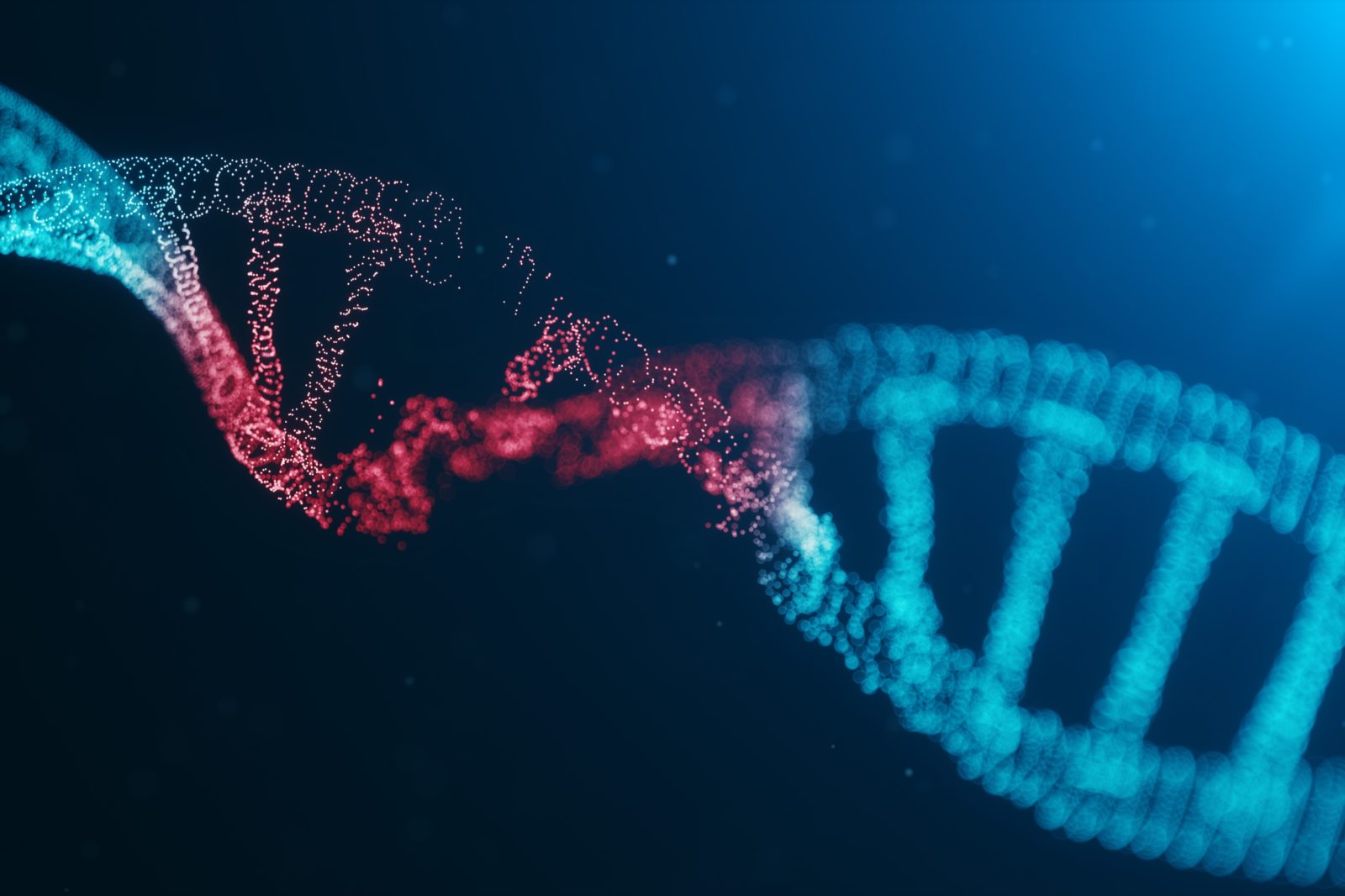
Surprise and Creativity
Why in the world do we need yet another “new” economics? Jamming the libraries and the bookstores of the world are avatars of what must be every variation on the great themes of market and managerial economics. Scores of Nobel Prizes have been awarded for various nugatory refinements of the prevailing ideas. All these schemes, however, fail to answer the Read More ›




